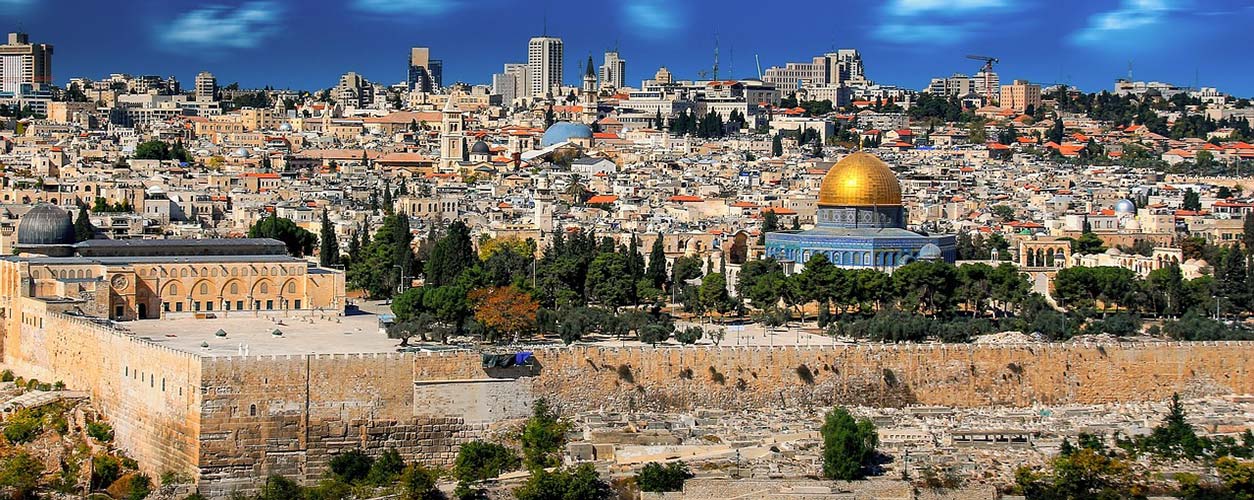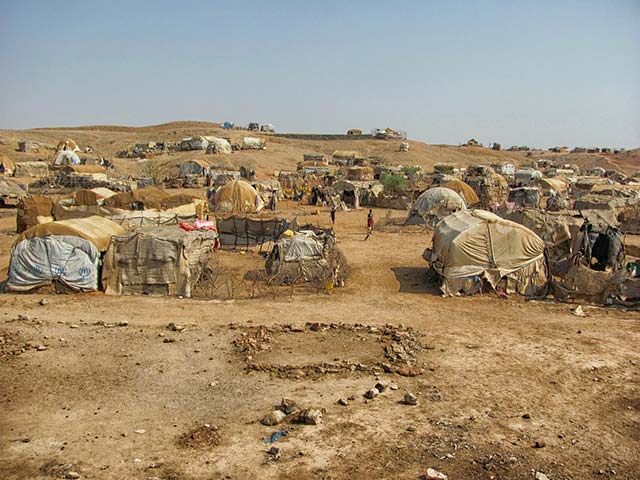Scroll down to see and play Audio.

Good Thursday morning to you my “Walking with Jesus” friends;
When you hear the word ‘family’ what comes to your mind? As you know in recent years that word has become widely distorted with same gender couples, single parents adopting children, way too many absentee dads, and lots of young adults moving back home etc. Have you ever thought much about the ‘family’ Jesus grew up in?
We’re continuing our look at some of the things John ‘the disciple whom Jesus loved’ wrote about Jesus that we don’t find in the other Gospels. Today let’s look into John 7 and you’ll find the first several verses speak about Jesus’ earthly family. “When the Jewish Feast of Tabernacles was near, Jesus brothers said to Him ‘You ought to leave here and go to Judea, so that Your followers may see the miracles you do. No one who wants to become a public figure acts in secret. Since you are doing these things, show yourself to the world. For even His own brothers did not believe in Him.” (John 7:3-5)
Do you hear a little sarcasm in these words? Mark 6:3 tells us Mary had several other children after Jesus, her firstborn. They are listed as James, Joses, Judas and Simon, along with some unnamed ‘sisters’. We know that after Jesus’ resurrection at least James and Judas (known as Jude) trusted fully in Jesus, became His followers and actually wrote two books of the New Testament which bear their names. But here, early in Jesus’ public ministry, it seems Jesus occasionally received an earful from His family.

In the verses which follow you’ll see Jesus explained that part of His unpopular message was that the world was under the strong influence of evil, and people did evil things which God would hold them responsible for. He also said “I am not yet going up to this Feast, because for Me the right time has not yet come.” (John 7:7) That phrase regarding timing is one which Jesus said often. It confirms to us that Jesus was well aware of the Redemption mission God had entrusted to Him, and that it required His atonement death which must happen at Passover time if it was to be fully effective in its meaning. Thus Jesus was always watching to evaluate the public response to Him.
As you read further in John 7, you’ll see, sure enough, there were religious leaders in Jerusalem during this Feast, who were on the look out for Jesus and ready to begin taking action against Him. Notice please from vs. 14-24 where you’ll find an important conversation between Jesus and some in the crowd. First notice the people’s amazement at Jesus’ wisdom, because He was not known to be a student of any particularly famous rabbi of the day: “My teaching is not My own. It comes from Him who sent Me…He who speaks on his own does so to gain honor for himself, but He who works for the honor of the One who sent Him is a man of truth; there is nothing false in Him.”
Do you see Jesus explaining that He is sent from God on a specific mission and His teaching is what God has instructed Him to speak. Can we apply this to ourselves my friends, as men and women who claim to be followers of Jesus? Is our life purpose to spend each day doing all that we do, whatever we do, “for the honor of the One who sent us“? How would that affect our priorities and passions each day? Our attitudes and our words?

As you continue to read the sharp words exchanged between Jesus and some in the crowd, recorded in vs. 19-24, the “one miracle” Jesus is referring to is what we saw in John 5, the healing of the man crippled 38 years, which Jesus had preformed on a Sabbath day.
Notice please in vs. 25-36 there is great debate among the people as to who Jesus really is. It even continued with greater intensity among the religious leaders in vs. 40-52. This debate raged during the entire many months Jesus was engaged in His public ministry of speaking and miracles, especially in and around Jerusalem. The range of opinion about who He was, what He meant in His speaking, especially when He continually referred to God as His Father, and how He was able to do the miracles, brought people into harsh conflict with each other. Friendships and even some families were torn apart by their differing and strong opinions about Jesus… just as it is in many parts of our world today.
Finally, let’s focus on a very special moment in John 7:37-38 where John records: “On the last and greatest day of the Feast; Jesus stood and said in a loud voice, ‘If anyone is thirsty, let him come to Me and drink. Whoever believes in Me, as the Scripture has said, streams of living water will flow from within him.”
This week long festival we see in vs. 2, is the “Feast of Tabernacles”, or sometimes called “Festival of Booths”, or today known as Sukkot. You’ll find the original description given to Moses and the Jewish people in Leviticus 23:33-43. It was one of the annual festivals in Jerusalem for all Jews, and its purpose was to REMEMBER that their ancestors were rescued from slavery in Egypt by God, but they wandered for 40 years in the desert due to their lack of confidence and trust that God could bring them into the Promised Land (Numbers 13,14). While wandering that desert, they of course were not able to build permanent homes, so they lived in tents or temporary structures, everyday reminded of what they were missing out on because of their refusal to trust God and follow Him into the new land.

It was also a forward looking festival which anticipated the coming of Messiah and His anticipated reign as the God sent King who would restore stability and prosperity to Israel. So can you imagine little tents or shelters of sticks and palms branches all over the hillsides all around Jerusalem during this week long festival? The Temple, of course, would be crowded with people everyday as it was really the center of activity and focus during these festivals. People would go there just to be amazed at the magnificence of the huge Temple and the busyness of the priests and Levites all focused on their duties and responding to the inquiries of the people.
People would spend many hours each day there during these festivals, feeling a great sense of privilege that the Creator of the Universe was the God who had uniquely designed, protected and provided for the Jewish people, all descendants of Abraham, Isaac, Jacob and his sons. They would celebrate their common heritage and all their heroes… Moses, Joshua, Samuel, David, Solomon and the Kings, Daniel, Esther and prophets of old. Do their names bring to your mind the remarkable stories of the Old Testament of the Bible and the great history of Israel? Can you see the hundreds of people just ‘hanging out’ at the Temple like a huge family reunion.
Finally on the final day of this festival, something special took place which John reported in vs. 37&38. A dear friend of mine, and student of Jewish history and the Scriptures from a Jewish perspective, has sent me this insight into these verses: “The water pouring ceremony was a highlight in the days of the Temple. It was a replay of the conquest of Joshua over Jericho, when the people of Israel were commanded to walk around the city for 6 days, being silent, but on the 7th day, the walls of the city fell down, as they walked around the city seven times. (Joshua 6) During this ‘Feast of Tabernacles’ in Jesus’ day, the Priest and Levites marched around the altar one time each day for the first 6 days of the feast, but on the 7th day, they marched 7 times around singing in an antiphonal choir, waving their palm branches, as the high priest poured out the water from the pool of Siloam, praying for rain. There are several instances in Scripture in which water symbolizes the Holy Spirit; therefore, Jesus identified Himself as the one through whom the Holy Spirit would be poured out upon the people…”
John once again gives us his commentary in vs. 39: “By this Jesus meant the Spirit, whom those who believed in Him were later to receive. Up to that time the Spirit had not been given, since Jesus had not yet been glorified.” You’ll recall that Jesus was ‘glorified’ through the events of Passover/Easter weekend… the upper room Passover meal (John 13-17); His submissive prayer in the Garden of Gethsemane where He submitted Himself to God’s Redemption plan; (Matt. 26:36-46) His trials and beatings in which He withstood the humiliation, mockery and brutality of evil humanity; His crucifixion in which Jesus bore the wrath of God for the sins of humanity; His atonement death and finally His victorious resurrection. All this was the glorification of Jesus the Son of God, the Savior of humanity!
You’ll remember Jesus explained to the disciples that after His return to heaven His Father would send “another Counselor to be with you forever, the Holy Spirit of Truth”. (John 14:16,17, 26) And finally on the day of Pentecost, God sent that Holy Spirit, right there, to Jerusalem, to anoint the 120 followers of Jesus who were together waiting and worshiping, as Jesus had instructed them. We’ll look at that more closely in a few days.
I’ve often wondered friends, as John 7:37&38 was happening, did Jesus look across the city, from where He was standing in the Temple courtyard, and could He see the very house where there was an upper room where He would have that Passover Meal with His disciples only a few months future, before His crucifixion? Could He also see the place where His followers would be gathered that Pentecost day when the Holy Spirit would come as He here promised? As Jesus spoke these words in a loud voice, was He looking into the faces of some people who He knew would be anointed and transformed by the power of the Holy Spirit, and would live the rest of their lives bringing the hope, help, joy and truth of Jesus to their world, beginning in their own families?
So what about you and me today my friends? As Jesus looks into our faces, and more deeply into our hearts and minds, what does He see? Is the Holy Spirit vibrantly alive in us and are we pouring our streams of living water from deep within us to everyone we meet through the day? What does ‘living water’ pouring out from you and me look like, and sound like? Is it encouragement the hope of God in these days of anxiety and worry? Is it God’s truth in the face of so much distortions, deceit and disillusionment? Is it the confidence and contentment that living in a genuine, dynamic relationship with Almighty, Sovereign, Jesus provides us no matter the circumstances and the news of the day?
I’m giving you a link to a great song that seems to fit here. “My Redeemer is Faithful and True” sung by blind Gordon Mote. That’s what the people in the “Festival of Booths” were doing… looking back and thanking God for His faithfulness and looking forward in anticipation of God’s truth!
Oh Lord Jesus, thank You for the wonder of John 7 and how it fits so well with our world today! Oh Holy Spirit, how we long to live with Your vibrant power in us giving us contentment in the face of the craziness all around us!
Bible images provided with attribution to www.LumoProject.com.
Have a comment or question about today’s chapter? I’m ready to hear from you, contact me here.
 Pastor Doug Anderson 262.441.8785
Pastor Doug Anderson 262.441.8785
“Let us run with perseverance the race marked out for us, with our eyes fixed on Jesus…” (Heb. 12:1,2)
Archived back issues of “Walking with Jesus” and other resources are available by clicking here to open our ‘home page’ (or go to HOME at upper right of this page).
Share with friends. Subscribe below for daily “Walking with Jesus”.


